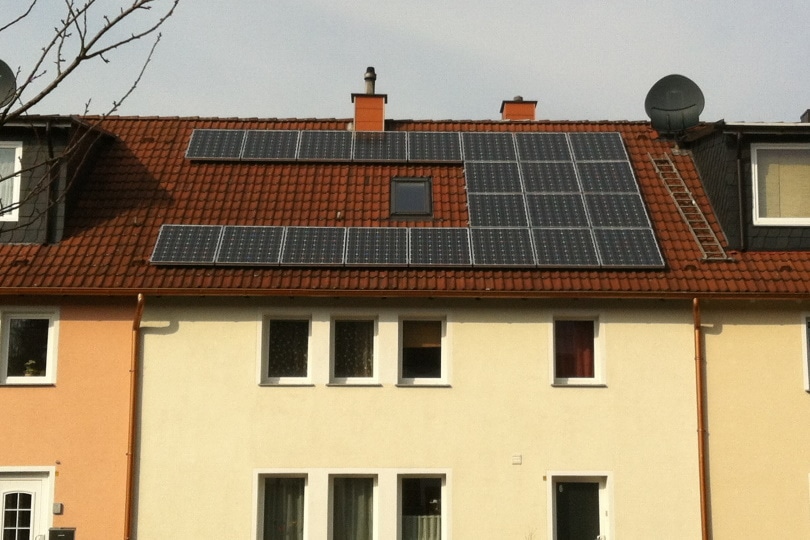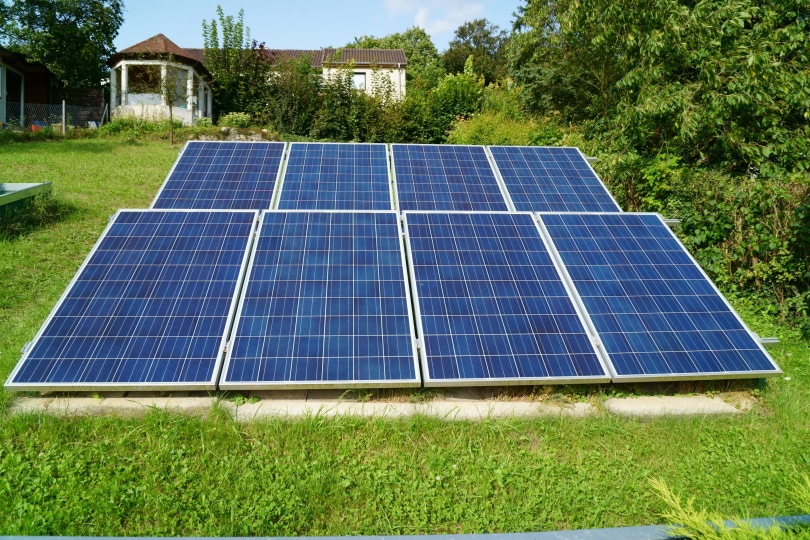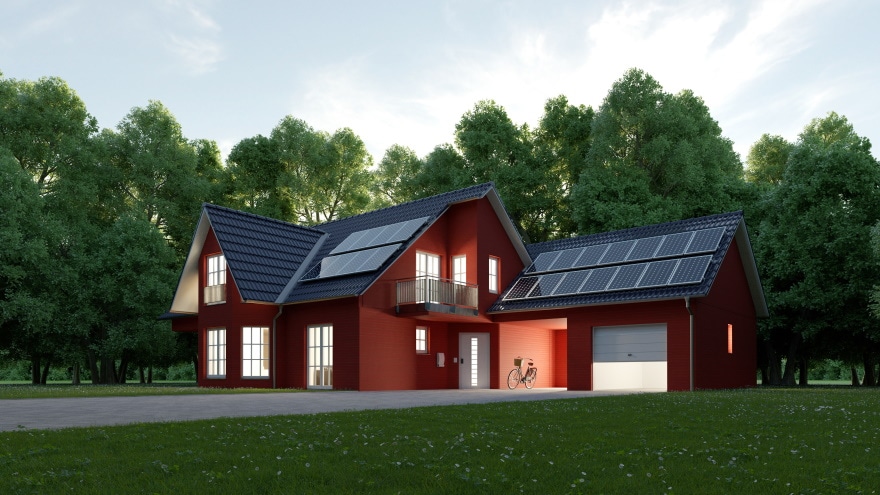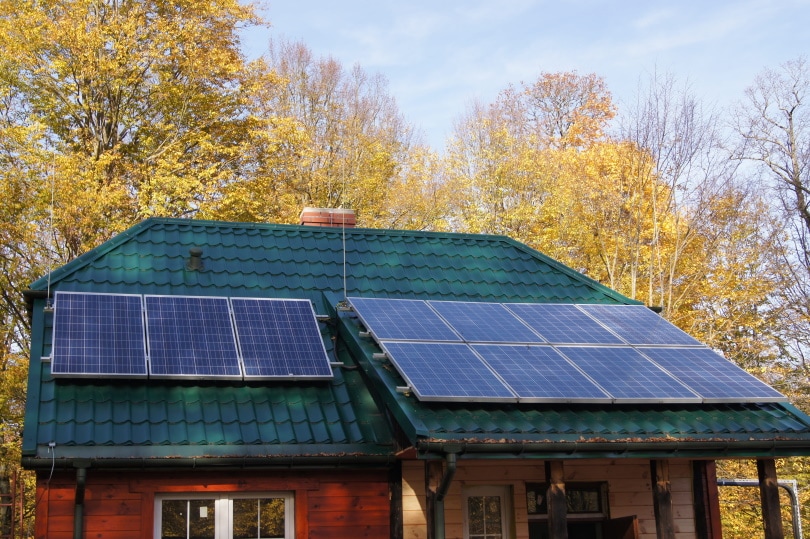Are Solar Panels Worth It in Texas? Costs & Benefits of Solar Panels in Texas
-
Codee Chessher
- Last updated:

Solar energy is worthwhile anywhere the sun shines, but it particularly shines in areas with plentiful sunshine. Texas is the largest state in the US, with huge stretches of land perfectly suited for solar farms and small-scale solar installations.
Texas is becoming one of the biggest markets for solar energy as residents and businesses alike are realizing the huge potential for energy savings. Shifting away from fossil fuels is a worthy long-term goal, but even in the short term, you can realize big savings from investing in solar power. Solar isn’t just for novelty value anymore!
There are many common questions people have about solar power, which is understandable given what a big leap they can be in some circumstances. Let’s take a look at some of the most frequently asked questions about solar power in Texas.
What Is the Best Climate for Solar Power?
Well, the best climate for solar power is any climate with tons of sunshine. Large expanses of flat land are the most desirable for solar farms, but even individual households can reap the benefits of rooftop solar systems.
That said, hotter isn’t necessarily better as far as power generated. Solar panels work best at temperatures between 55 to 77 degrees Fahrenheit, and their efficiency starts to drop above or below that range. New advances in cooling technology have improved the efficiency of solar panels in the relentless Texas summers, but aren’t yet mass-produced.

Does Solar Really Save Money?
The most important question in people’s minds is whether solar can actually save money on electricity. For far too long, it seemed like a big hassle for too little benefit. We’re happy to be able to tell you that solar does save you money in the long run.
Based on average electricity prices and energy usage in Texas, households can enjoy more than $950 in savings a year by installing a solar system. This is based on common scenarios like households selling excess energy to the power grid as well as long-term storage solutions.
You save money with solar in more ways than just your power bill. Tax incentives sweeten the pot, and homes with solar systems are highly sought-after by informed buyers.

Tax Benefits
In addition to raw energy savings, there are tons of tax incentives available for people interested in solar systems. While Texas doesn’t have a statewide solar incentive in place, several Texas-based power companies offer incentives, including Austin Energy.
Don’t forget about federal incentives! The federal solar tax credit, or ITC, can help reduce the cost of your solar system by 26% by reducing your federal tax liability. This carries over, too, so you can use the tax credit to minimize taxes for multiple years.
Does Solar Help Energy Independence?
Just as important as saving money is reducing your independence on the power grid. In the winter of 2020-2021, Texas experienced a terrible winter where its power grid failed and left 10 million people without power throughout the state and even reaching northern Mexico.

If properly harnessed and stored, solar power can help prevent such a tragedy from occurring again. Even a supplementary solar system could minimize the worst of the effects from a future freeze impacting Texans.
The fact is that fossil fuel doesn’t have much of a future. There’s only a limited amount of fossil fuels to be found on earth, whereas solar power is unlimited. If you install a solar system that produces more energy than you can use, there are storage solutions available to store solar-derived power for long periods of time.
Having a backup source of power gives you peace of mind that if a future winter storm knocks out the power grid again, you can power your home.
- Related Read: Do Solar Panels Work On Cloudy Days?
Is Going Green With Solar Worth It?
A big talking point with solar is that it will help ‘save the planet,’ which is a somewhat nebulous phrase. Even the manufacturing process for solar panels produces greenhouse gases that contribute to climate change, so does it even out?
Absolutely. The National Renewable Energy Laboratory estimates that solar power produces 40g of carbon dioxide per kWh produced, whereas even the ‘cleanest’ coal plants produce well over 700g of carbon dioxide per kWh.
It’s important to consider that coal and oil continuously produce carbon dioxide, whereas solar energy indefinitely produces power after the panels are manufactured.
Featured Image Credit: Piqsels
Contents
